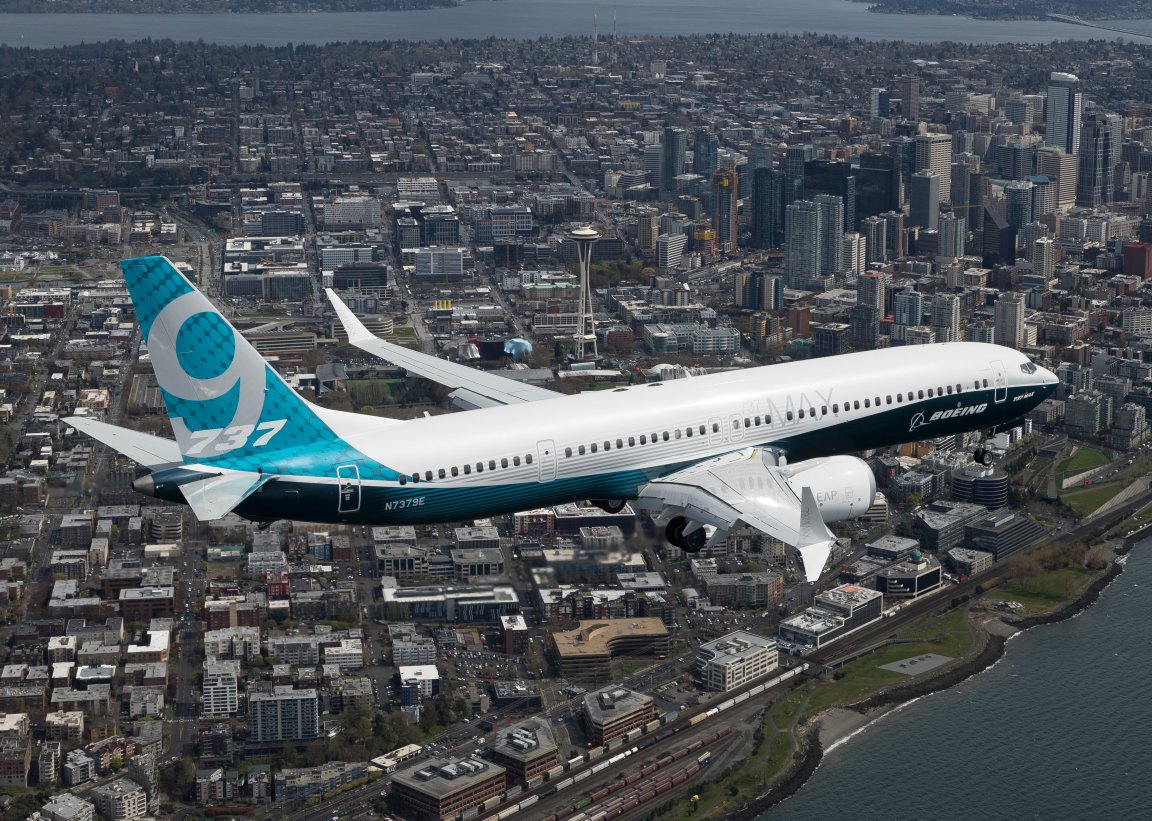
Boeing Embraces Autonomous Technology
Earlier this month, Boeing acquired Aurora Flight Sciences, demonstrating the company’s commitment to incorporating autonomous technology into aircraft designs. Now, the aviation company’s HorizonX Ventures division has announced its investment in Near Earth Autonomy — a company that focuses on technologies that enable reliable autonomous flight — further solidifying its support for these burgeoning technologies.
The move marks the first investment HorizonX Ventures has made since its creation last year, but the relationship between Boeing and Near Earth doesn’t end there. In addition to this investment, the companies are partnering to work on future applications for autonomous tech in sectors like urban mobility with vehicles like flying taxis.

“This partnership will accelerate technology solutions that we feel will be key to unlocking emerging markets of autonomous flight,” said Boeing HorizonX Vice President Steve Nordlund in a statement. “We are excited to begin this partnership with a company with such a depth of experience in autonomy so we can leverage the scale of Boeing to innovate for our customers.”
Near Earth Autonomy’s Pedigree
Near Earth Autonomy is led by Sanjiv Singh, the company’s acting CEO. He co-founded the company alongside Marcel Bergerman, Lyle Chamberlain and Sebastian Scherer. Combined, they have over 30 years of experience with autonomous systems designed for land and air vehicles. Two of their most notable achievements include partnering with the U.S. Army in 2010 to develop full-scale autonomous helicopter flights and working with the Office of Naval Research to design an autonomous aerial cargo delivery platform for the U.S. Marines.

“This is an exciting opportunity for Near Earth,” said Singh. “The Boeing HorizonX investment will accelerate the development of robust products and enable access to a broader portfolio of applications for aerial autonomy.”
Flying taxis are becoming increasingly popular in the aerospace industry and many expect that they will change how people get around cities and traffic. At the forefront, we have Dubai, which tested its autonomous flying taxi earlier this year and plans to launch a taxi service before year’s end. Meanwhile, Airbus is aiming to test its electric taxi next year, with German company Lilium hoping to have a series of commercial aircraft released by 2025.
It’s an exciting time for the future of transportation, and it’s possible that soon, the concept of manually driving a car will be a thing of the past.